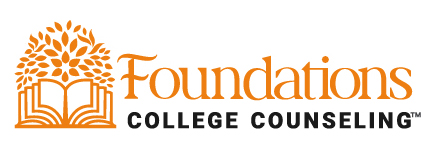In the wake of the Penn State Jerry Sandusky scandal, the university’s credit rating was downgraded due to “anticipation of the substantial financial impact on the university from the ultimate cost of future settlements and possible judgments.” The university’s entire accreditation with the Middle States Commission on Higher Education briefly hung in jeopardy. Penn State took sweeping action and saved its accreditation and, eventually, its credit rating, but the university’s reputation and financial security were tested.
At Michigan State University, where Larry Nassar abused 300 student athletes, scandal broiled so hot that the university’s president faced criminal charges for allegedly lying to police, resulting in major leadership changes that affected the whole campus. Those criminal charges were later dropped, but the turmoil of the Nassar scandal devastated MSU’s reputation and resulted in steep fines as well as a $500 million settlement for those Nassar victimized.
It’s not always athletics that serves as the hotbed for misconduct and controversy. At UNC, for example, Pulitzer Prize-winning MacArthur “Genius Grant” fellow Nikole Hannah-Jones was denied tenure in her appointment to an important seat in the school’s journalism program just this year. The failure to offer tenure seemed to stem from one influential donor offended by Hannah-Jones’ role in The 1619 Project.
UNC’s handling of the controversy has thrown its reputation into question, especially for minority students and faculty who felt the school was kowtowing to a single donor at the expense of academic freedom for Black scholars. At this writing, UNC has responded to intense backlash by finally offering Nikole Hannah-Jones tenure, but for some, the damage is already done. The university has already lost out on one renowned chemistry candidate because of the controversy, and several Black faculty and students have announced plans to leave the university.
Scandals of all shapes and sizes can have real impacts on colleges. From affecting morale and school culture to having possible financial impacts on entire departments, majors, and aid, an active or recent controversy should not be ignored when researching schools. Set Google News alerts for your top few colleges, and then evaluate what kind of news is popping up.
- How does news about your college jibe with your values and priorities?
- If something negative is in the news, what’s it about, and how is the university handling it?
- Do you see patterns in the types of headlines you’re getting?
- If there is an active or recent controversy on campus, in what ways could it impact you both directly and indirectly?
Taking a few minutes to set up news alerts can help you get an authentic view of colleges beyond the polished images you’re more likely to get from Admissions and Marketing. What you read isn’t always fun, but it’s an important part of fully researching this most important decision of your life.

